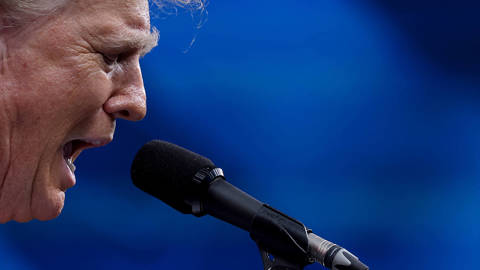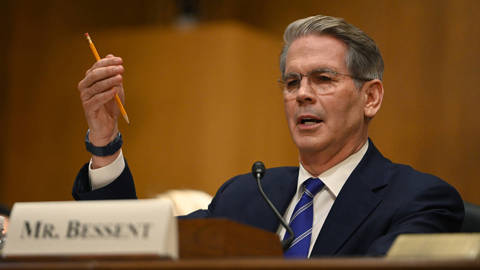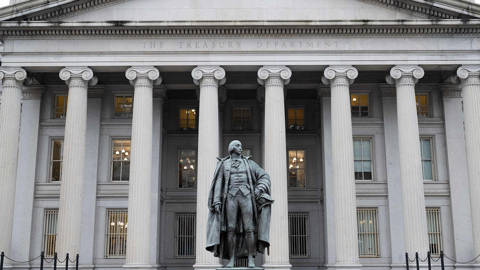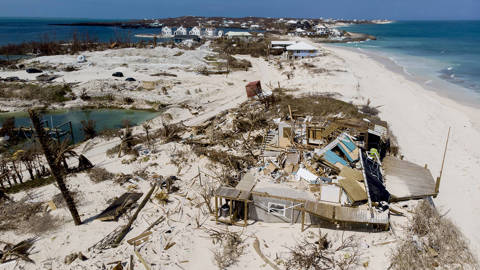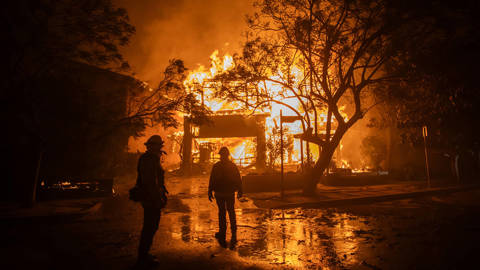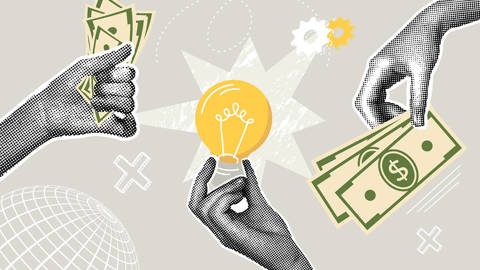Kandeh K. Yumkella
Kandeh K. Yumkella, a member of Sierra Leone’s Parliament, is Founder and CEO of the Energy Nexus Network. He is a former United Nations under-secretary-general and chair of UN-Energy and a former CEO and a special representative of the secretary-general for Sustainable Energy for All.
-
Death by Dirty Cooking
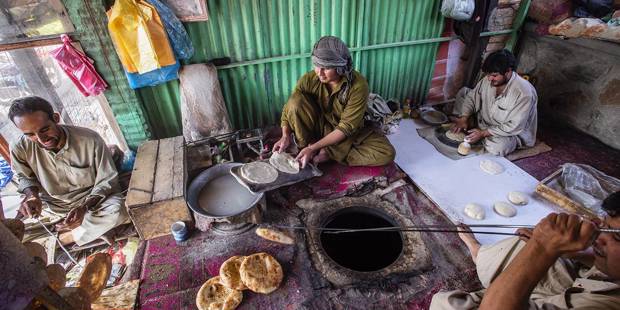
Death by Dirty Cooking
Nov 4, 2019 Kandeh K. Yumkella notes that household air pollution, caused by use of antiquated fuels, kills 4.3 million people per year.
-
Energy, Employment, and Migration in Africa
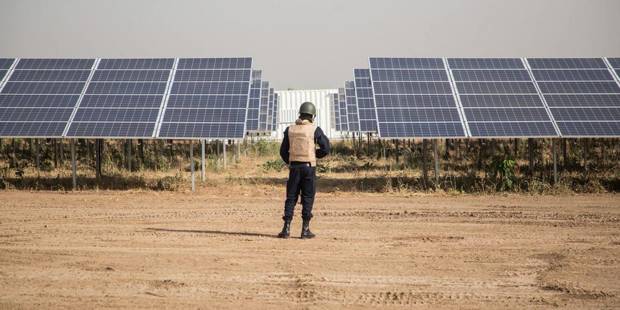
Energy, Employment, and Migration in Africa
Sep 16, 2019 Kandeh K. Yumkella argues that investment in distributed renewables could fill a lage part of the continent's jobs deficit.
-
The Energy Internet
The Energy Internet
Jan 27, 2014 Kandeh K. Yumkella proposes three coalitions that could catalyze the Third Industrial Revolution.
-
The Power of the Prize
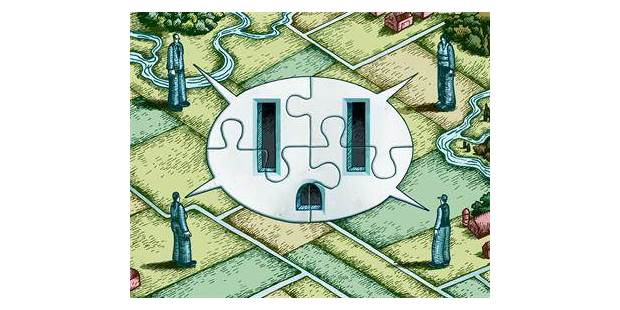
The Power of the Prize
Jun 11, 2013 Kandeh K. Yumkella on how the promise of reward stimulates innovation.
-
Power and Progress
Power and Progress
Jun 18, 2012 Helge Lund & Kandeh K. Yumkella

